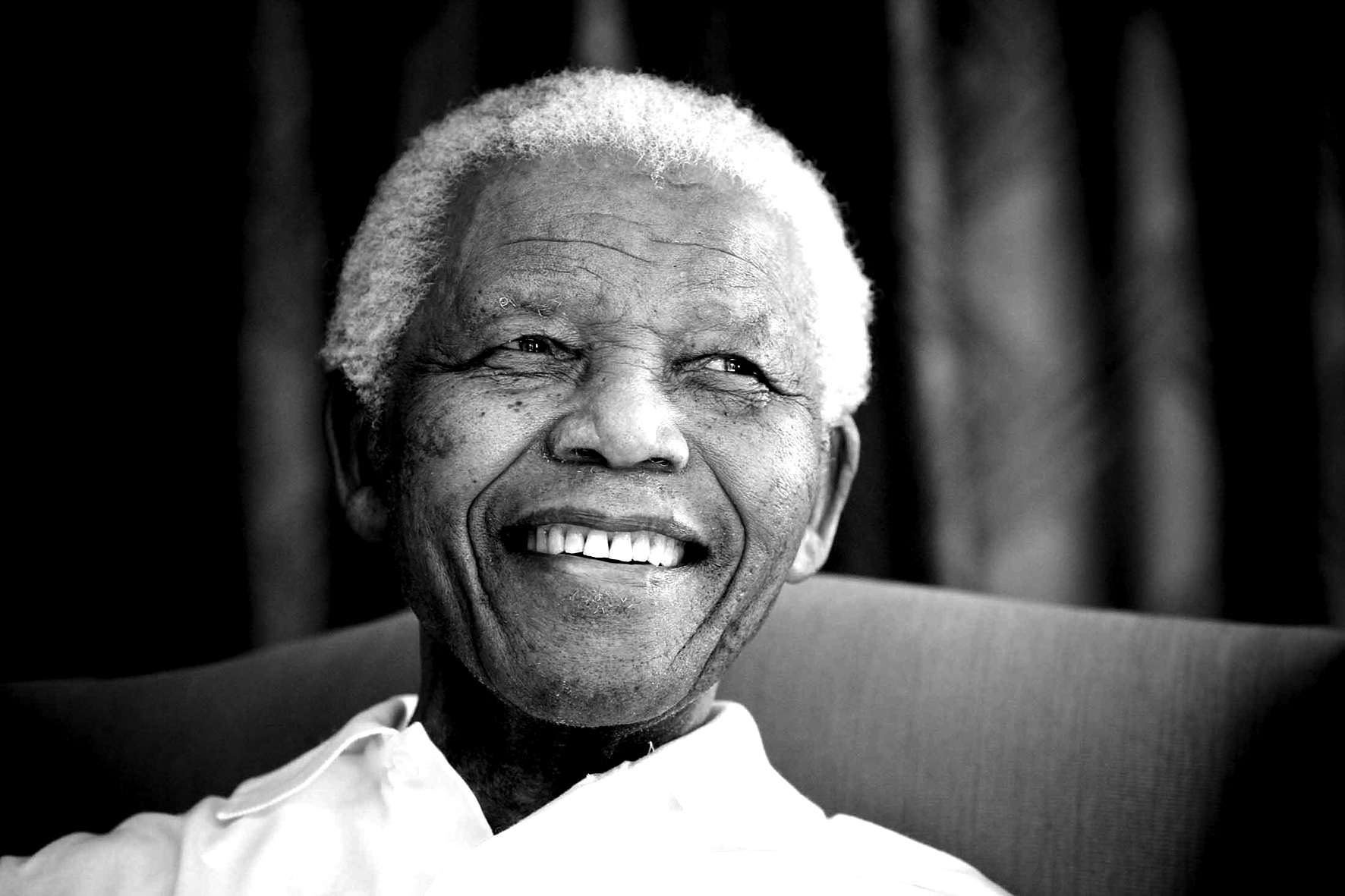Nelson Mandela passed away on December 5 2013. A decade on, what has changed.
Today marks a decade since the loss of Nelson Mandela, South Africa’s emblematic hero, anti-apartheid champion, and a figure of global reverence. Mandela’s passing, a moment of profound national and international mourning, has become a pivotal point of reflection, particularly as his envisioned ‘Rainbow Nation’ South Africa remains elusive as the country grapples with severe socioeconomic and political challenges.
Professor Jonathan Jansen, Professor of Education at Stellenbosch University and a respected political columnist, reflects on this shift: “While Nelson Mandela is held in high esteem across the country, it’s true that with time, the intensity of commemoration fades. This is true for everyone, not just for the great man himself.”
Mandela’s contested legacy surfaces in the Nelson Mandela Foundation’s bold initiative – an interactive exhibition titled Mandela is Dead hosted in collaboration with The Forge and Stellenbosch University at the Nelson Mandela Centre of Memory in Houghton, Johannesburg.
The show encapsulates the growing debate over whether it’s time to reevaluate Mandela’s enduring influence on South African society and politics. The exhibition, which launched on the eve of December, attempts to nuance the legacy of the iconic leader.
“In the past few years, there has been a lot of contention around the meaning of Mandela’s legacy. Students and intellectuals are debating whether he was truly a ‘miracle maker.’ Some criticize him for giving too much to F.W. de Klerk and the apartheid government [during the transition to democracy]. Others represent a more intellectual view, similar to that expressed by someone like [historian] Colin Bundy, which acknowledges his great impact despite his own challenges,” Jansen observes.
A symbol of resistance and reconciliation, Mandela led the African National Congress (ANC) through the darkest days of apartheid and shepherded the nation into a democratic era – notably, without a major civil conflict that much of the world saw as a foregone conclusion. His vision was of a non-racial, prosperous, and democratic South Africa, ideals that now face scrutiny amid the country’s lingering socio-economic crises.
“There is no longer an unconditional celebration of Mandela. His legacy is now viewed through both cynical and pragmatic lenses, considering all his complexities, including his weaknesses. With the current challenges the country faces, it’s hard to conjure up an image of a flawless leader, especially when basic services are lacking, and there are ongoing issues like loadshedding, children dying due to poor sanitation. This contrasts sharply with the spirit of the first decade following liberation, which was about moving from liberation to survival,” Jansen adds.
South Africa today wrestles with profound challenges: state capture, frequent power outages and rampant unemployment plague the nation. These issues starkly contrast with Mandela’s dream, spotlighting the gaps between his aspirations and the current realities. In his own desire to ensure a non-violent transition to democracy in South Africa, Mandela made accommodations that some see as allowing the structures of inequality under apartheid to continue to exist.
“His legacy has done nothing but keep the poor poor and the rich rich, freedom is not free,” reads one message written by a university student on a message board that formed part of the Mandela Is Dead exhibition, which provided a canvas for the reflections of South Africa’s youth, revealing a deepening rift between Mandela’s vision and the contemporary South African experience.
While Robben Island, Mandela’s long-term prison home, commemorated his legacy with a running event, the broader national observance was muted, highlighted only by a solidarity march for Palestinians in Pretoria. At the time of publishing, neither the ANC nor the Presidency of Cyril Ramaphosa had issued a commemoration of the day.
Mandela’s ANC, once the unchallenged political force in South Africa, faces the prospect of losing majorities in key provinces in the upcoming general election. This potential shift signals a transformation in public sentiment and perhaps a reevaluation of Mandela’s influence in contemporary South African politics.
“I’ve noticed a sentiment among my comrades, who are saying that the country has strayed far from its path. They question the point of celebrating the achievements of great men from 30 years ago,” continues Jansen. “Even people who were cabinet ministers under Mandela feel this way. The public mood has shifted. The unfettered celebration of Mandela as a great man isn’t as common anymore, except in smaller, more insular communities.”
As South Africa confronts these realities, the Mandela is Dead exhibition is a call to action, echoing his granddaughter Ndileka Mandela’s words at the exhibition launch, “South Africa belongs to all who live in it. Let us reclaim it.”
Malala Yousafzai, a global advocate for girls’ education and the youngest-ever Nobel Prize laureate, delivered a poignant and impactful speech at the Nelson Mandela Annual Lecture, coinciding with the 10th anniversary. She drew parallels between her struggle and Mandela’s legacy of justice and equality: “Millions of Afghan girls are effectively imprisoned but they fight on, calling for justice, calling for the world to stand with them.”
Her words echo Mandela’s lifelong commitment to fighting injustice and underscore the ongoing global struggle for human rights and equality.
